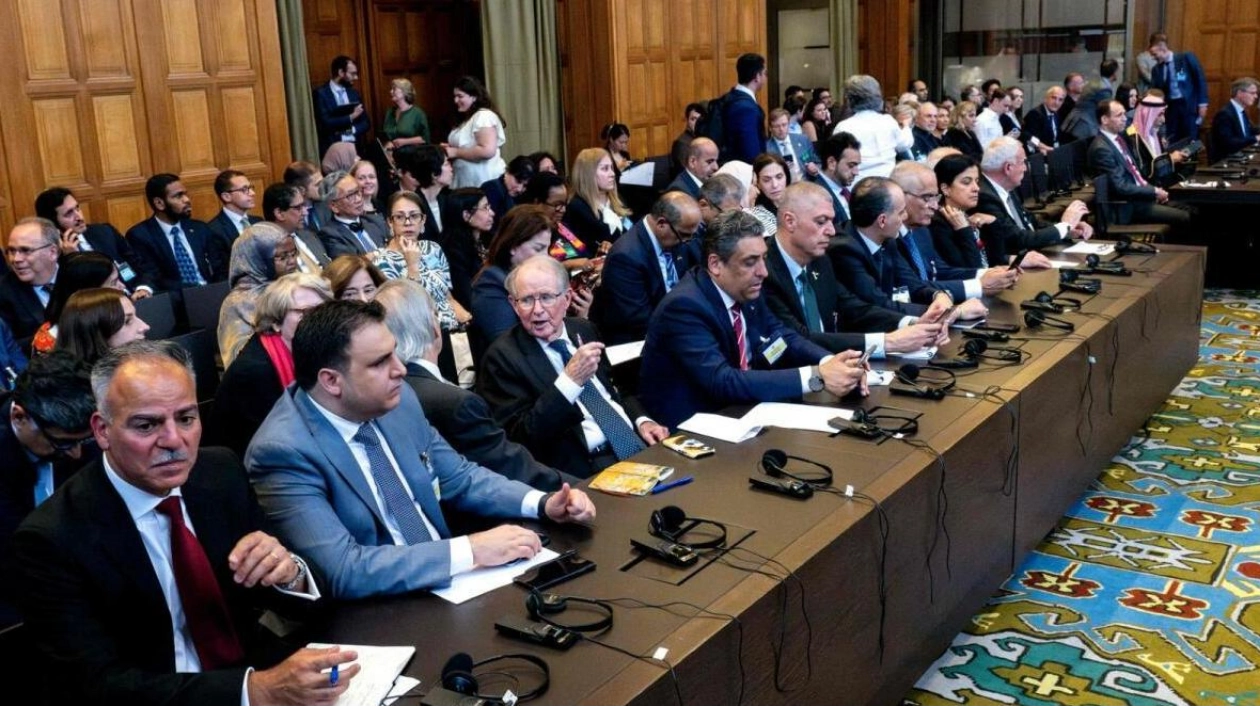The United Nations' top court declared that Israeli settlements in Palestinian territories are illegal and urged all nations to collaborate in resolving the Israel-Palestinian conflict, according to a significant advisory opinion released on Friday.
The judgments by the judges of the International Court of Justice (ICJ), also known as the World Court, are non-binding but hold significant sway under international law and could diminish support for Israel.
"Israeli settlements in the West Bank and East Jerusalem, along with the associated regime, have been established and are maintained in contravention of international law," stated President Nawaf Salam, reading the findings from a panel of 15 judges.
The opinion also mandated that Israel should compensate Palestinians for damages resulting from the occupation. It further stipulated that the UN Security Council, the General Assembly, and all nations have a duty to not recognize the occupation as lawful and to refrain from providing aid or support that sustains it.
This case originated from a 2022 request by the UN General Assembly, preceding the conflict in Gaza that commenced in October. Israel seized the West Bank, Gaza Strip, and East Jerusalem—areas historically part of Palestine desired by Palestinians for a state—during the 1967 war and has since constructed settlements in the West Bank, expanding them continuously.
Israeli leaders contend that the territories are not legally occupied as they are disputed lands, but the United Nations and the majority of the international community view them as Israeli-occupied.
In February, over 50 nations presented their perspectives to the court, with Palestinian representatives urging the court to rule that Israel must evacuate all occupied areas and dismantle illegal settlements. Israel chose not to participate in the hearings but submitted a written declaration to the court, asserting that an advisory opinion would be detrimental to efforts to resolve the Israeli-Palestinian conflict.
Most participating nations sought a ruling that the occupation is illegal, while a few, including Canada and Britain, advocated for the court to decline issuing an advisory opinion. The United States, Israel's staunchest ally, encouraged the court to restrict any advisory opinion and not mandate the unconditional withdrawal of Israeli forces from Palestinian territories. In 2004, the ICJ issued an advisory ruling that an Israeli separation barrier around most of the West Bank was "contrary to international law" and that Israeli settlements were established in violation of international law. Israel disregarded that ruling.






